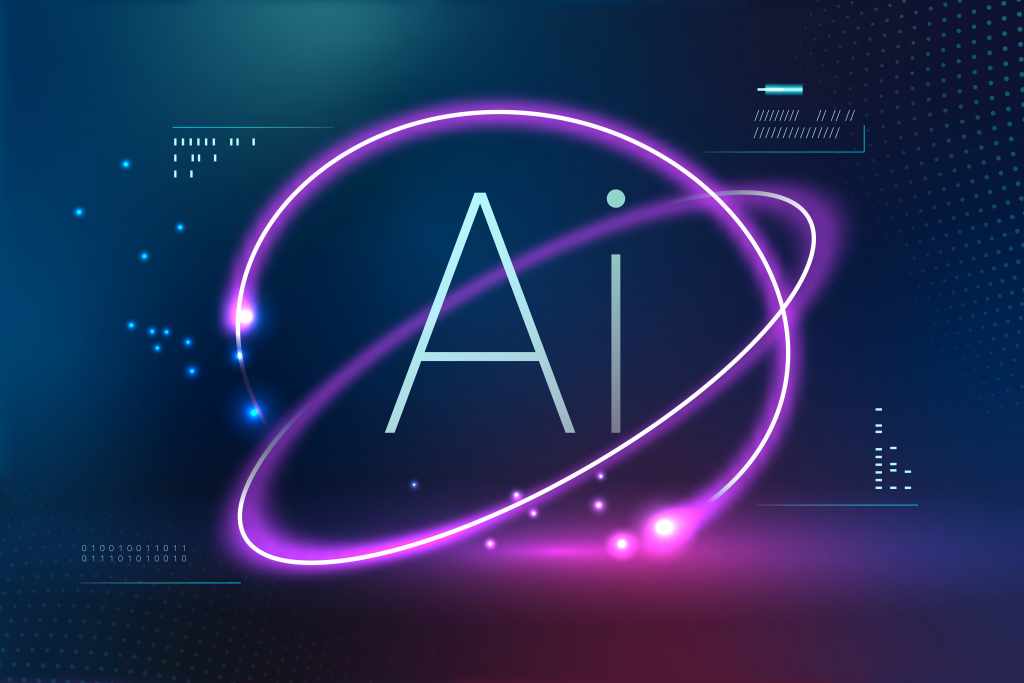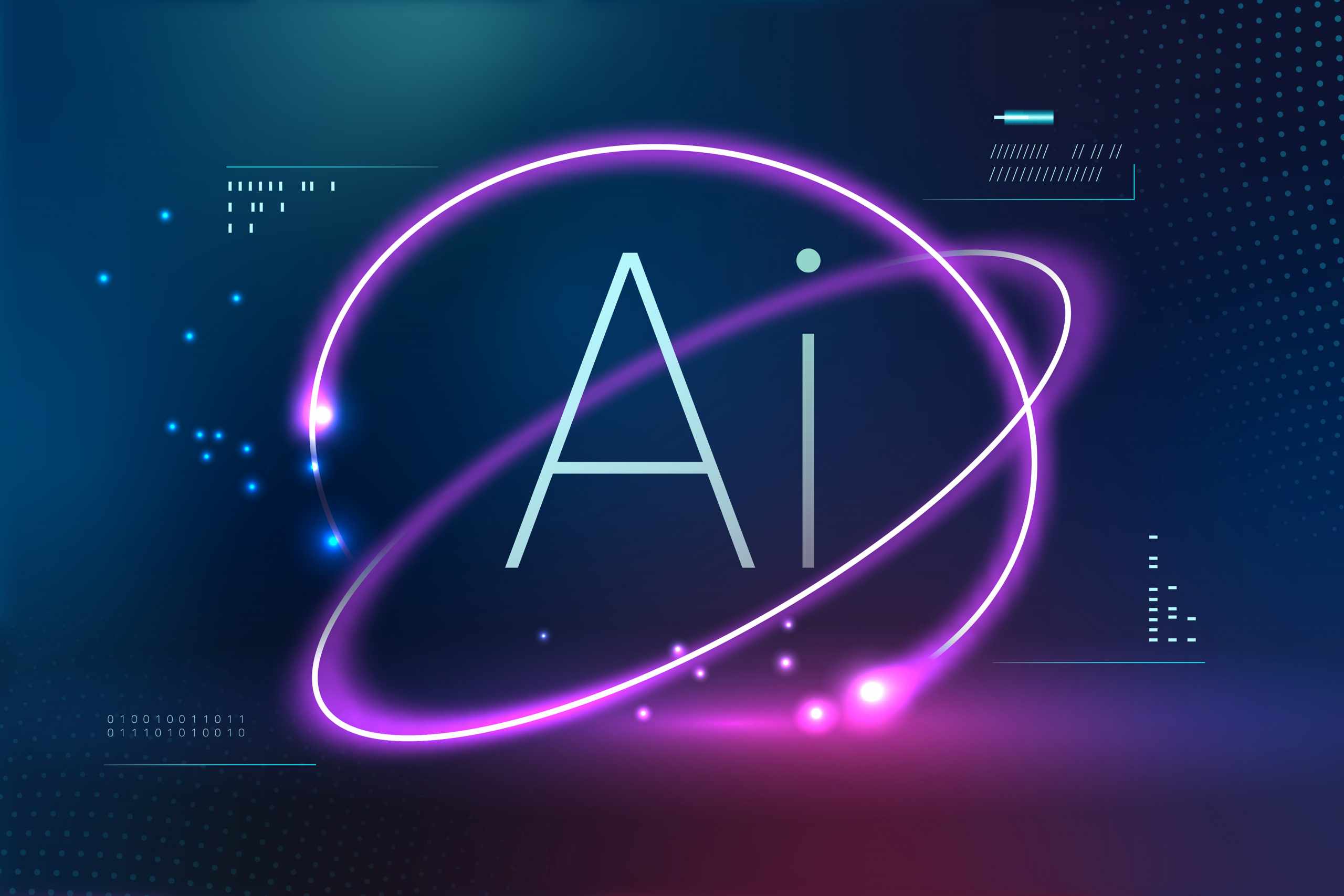
For decades, Artificial Intelligence has been a part of our lives, changing them for the betterment of humankind. However, in the present day, AI’s presence is more significant and more effective than ever before. At times, the experts do not even realise when an all-powered intelligence tool appears and outperforms the humans. The former affects humans on varying levels, such as augmentation of human capabilities, automation of time-consuming tasks, and amplifying essential human functions. Most of the AI technology used is at the elementary level, but it is radically evolving and transforming our everyday lives both professionally and personally.
The use of AI, its impact, and automation of the HR workforce do not come instantly. It is a journey that needs to be planned and processed to be put into action. The short-term benefits could be observed under automation of human activities, but more noticeable human resources must first complete their course. But, one thing is certain, the introduction of automated HR software in your company will make your job much easier.
About Artificial Intelligence: What is it?
Artificial Intelligence (AI) is a technological invention that allows computers to learn from and take action on the previously collected data. In terms of HR, AI can be applied in many different ways to improve efficiency by streamlining the processes. The lead faculty for North-eastern’s Master of Professional Studies in Analytics programme, Uwe Hohgrawe, said that machines are not intelligent, unlike humans, and require pre-set instructions to appear sharp. Experts can feed them the right information and technology to ensure effective functioning with the use of human intellectuality.
As the technology of Artificial Intelligence becomes more widely accepted, organizations are looking forward to adopting AI into their HR processes at varying but faster rates. For this reason, HR professionals need to prepare themselves for a lasting impact while learning how the tech tool is applied across various functions of human work. Automated HR software is helpful for many tasks, but some of its well-known features are leave management and performance appraisal.
AI Adoption in HR
Among the many artificial intelligence applications in HR, some of the initial changes that professionals should expect to see are recruitment and onboarding, employee referrals, and automation of administrative tasks. Let’s look into them in detail.
- Recruitment and Onboarding
While many corporate companies are looking forward to incorporating artificial intelligence into their recruitment efforts, many organizations are consciously turning a blind eye. The 2019 Global Human Capital Trends survey conducted by Deloitte mentioned that only 6 percent of the respondents believed their original hiring methods were best-in-class. The other 81 percent said that their company’s processes were at par or below standard. Therefore, the teams have ample opportunities to adapt their procedures accordingly and reap the benefits of this advanced technology.
During the hiring process, artificial intelligence benefits the company and the potential employee as well. For instance, AI technology can produce more user-friendly forms that applicants are more likely to finish, effectively reducing abandoned applications.
- Employee Referrals
Artificial Intelligence is also involved in referring employees to an organization by looking into the candidates recommended, gaining insight on each one, and keeping a close check on who refers to the most successful applicants. AI’s technology can also perform data checks from previous referrals to know when a candidate from “similar famous employees” is being suggested.
The artificial intelligence system has the tech and tools to automate low-value and repetitive tasks, freeing extra hours to focus on strategic HR work and improving the employee and candidate experience. Many insights can be gained through an employee lifecycle. With AI in focus, companies can quickly capitalize on this data to improve employee retention and engagement.
- Automation of Administrative Tasks
One of the key benefits of incorporating AI into organizational tasks is automating human resource processes. As mentioned before, optimizing and automating easily repeatable administrative work gives HR professionals more time to contribute to the company’s strategic planning. In turn, this helps the HR department become a crucial business partner within their organizations.
Intelligent technologies are responsible for automating interviews, pre-screening candidates, and scheduling meetings, to name a few. Each of these tasks holds immense importance to any company, but using orthodox methods is generally time-consuming. The burden of those duties often means that HR officers have little to no time to serve their employees in a more impactful way.
Prepping for the Future of HR
There is no doubt about artificial intelligence’s current and upcoming impact on the human resource realm. While it is clear that AI will continue to mould HR management in the coming years, professionals need to be aware of all potential challenges they might face.
One of the most common fears of human resource experts is to make AI safe and easy to use. The most common factor behind individual scepticism about AI and preventing its usage is privacy concerns. Moreover, a survey conducted by Oracle mentioned that people working at organizations were more inclined to interact with a human being than a machine. HR experts must stay on top of the game and be updated with technology to address these concerns with time. People will need to know more about issues regarding ethical means and privacy.
In human resource management, AI can use sensitive information to create important insights. For instance, employees want to feel secure by asking the company’s administration to respect their privacy regarding personal information. The organizations, however, also want to feel protected and must take appropriate security measures to ensure ethical practices. With human intellectual evolution, healthy work culture is becoming a more “big market” responsibility.
The Takeaway!
According to SVP at Human Capital Management Cloud Business Group at Oracle, Emily He, the latest advancements in AI and machine learning are slowly lurking into the mainstream. The result of that is a massive shift in how people look and think about technology worldwide. The relationship between humans and “robots” is being redefined carefully at work, and there is a “no one size fits all” approach towards managing this change effectively. The evolution must be personalized if artificial intelligence is to make a genuine impact at workplaces, meeting and changing teams’ expectations everywhere.










